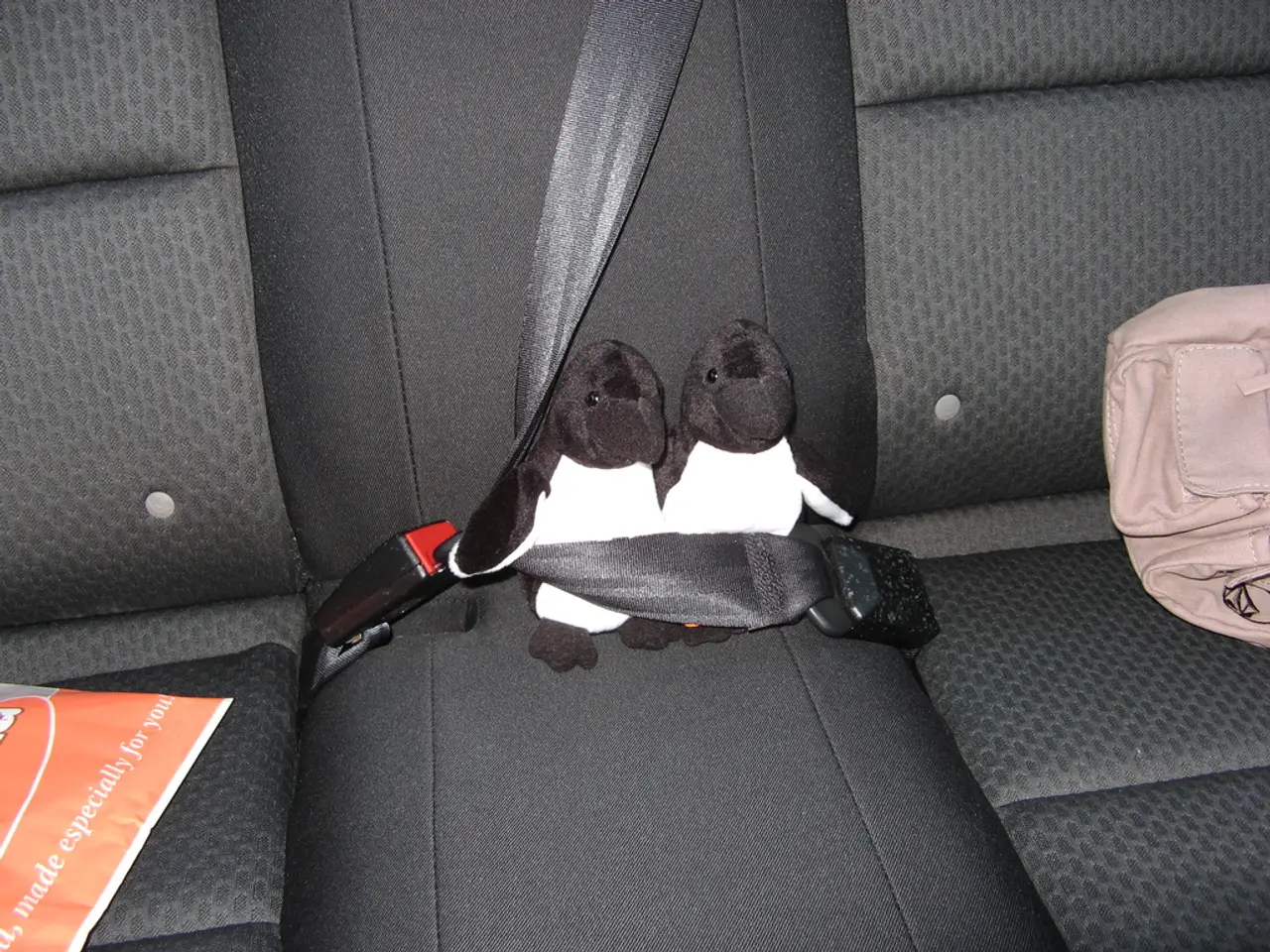The Value of Garbage: The Fate of Remnants Declining as Automobiles
In a commendable move towards sustainability, Toyota has launched an innovative upcycling project. The aim is to reduce waste from the car production process and promote resource circulation.
The project, initiated by Toyota's Business Development Department and New Business Planning Division, is managed by Noriyuki Nakamura. One of the key aspects of this initiative is the upcycling of waste plastics. These plastics, which were previously incinerated, are now being recycled into pellets and transformed into new products.
Toyota collects various plastic products and packaging from municipalities, contributing significantly to reducing the plastic waste destined for incineration. The recycled pellets are then used to create a variety of products, including resin tangles that are transformed into marble-like interior accessories.
The upcycling of materials doesn't stop at plastics. Toyota is also repurposing leather offcuts from Crown seats and airbag material to create accessories such as pencil cases, cardholders, and tags. Leftover seatbelt material has also been used to create bags and other accessories.
Upcycling is a final safety net for materials that don't fit certain categories and are destined for disposal. It's about breathing new life into these materials and giving them a second chance.
The project also addresses the issue of waste from the production of FCEV hydrogen tanks. A grotesque-looking substance, the purging compound discharged during the injection molding of resin parts, is being upcycled into unique interior accessories.
The initiative is part of Toyota's broader commitment to decarbonization and resource circulation. It's also a step towards following in the footsteps of other manufacturers in reducing waste and promoting sustainability.
These upcycled items can be purchased online, but they are currently only available in Japan. The project is a testament to Toyota's dedication to reducing waste beyond environmental reasons, also focusing on efficiency and resource management in the production process.
Upcycling raw materials in car production not only reduces the amount used and discarded, but it also serves as an important aspect for automakers handling such a vast array of components. For Toyota, it's about more than just making cars; it's about making a difference.
Scienceplays a significant role in Toyota's upcycling project, as the recycling of waste plastics into pellets requires a thorough understanding of polymer chemistry and processing techniques (environmental-science). The successful execution of this project greatly contributes to promoting sustainable living and reducing the negative impact on the home-and-garden environment by minimizing waste generation.



